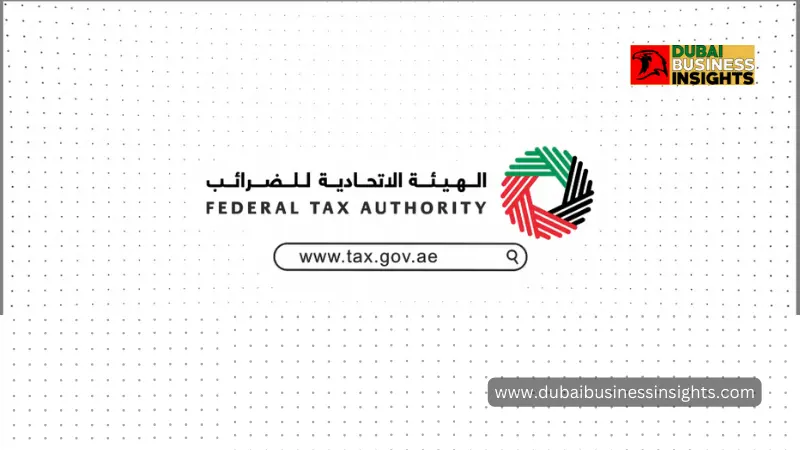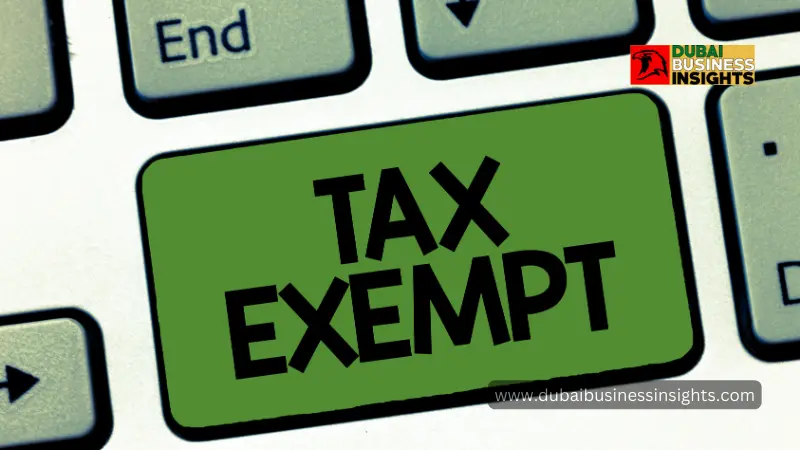Corporate Tax UAE: Hey there, fellow entrepreneurs and business owners! Let’s talk about something exciting: Corporate Tax in the UAE! Now, before you start thinking about complicated calculations and endless paperwork, relax! This guide is here to make things crystal clear, even for someone just starting their business journey.
What is Corporate Tax?
Imagine your business as a delicious pizza. You put in all the hard work and ingredients, bake it to perfection, and then sell it for profit. Now, the government wants a small slice of that pizza to help fund awesome things like infrastructure and public services. That’s essentially what corporate tax is – a contribution businesses make to the government based on their profits.
Why is there Corporate Tax in the UAE now?

Corporate Tax UAE: Everything You Need to Know
Also Read: Taxation in UAE Dubai 2023 – What Every Business Owner Needs to Know
The UAE has been known for its tax-free environment, but times are changing. With a vision for long-term sustainable development, the government has introduced a corporate tax system effective from June 1, 2023. This helps them build a stronger economy and continue providing its citizens with world-class services.
Who Needs to Pay Corporate Tax?
Don’t worry, not every business needs to pay corporate tax. The tax applies only to businesses with profits exceeding AED 375,000. So, if you’re just starting out and haven’t quite reached that level yet, you’re in the clear!
The Rate of Corporate Tax:
The corporate tax rate in the UAE is a simple 9% on your net profits. That means for every AED 100 you earn after deducting your expenses, you contribute AED 9 to the government. Pretty straightforward, right?
Free Zones and You:
One of the most significant advantages of doing business in the UAE is the presence of numerous free zones. These designated areas offer various incentives, including exemption from corporate tax for certain activities and businesses. So, if you’re looking for a tax-free environment, exploring free zone options might be a good idea.
How to Get Started:

Corporate Tax UAE: Everything You Need to Know
Also Read: Benefits of UAE Free Zones-Your Business Oasis
Remember, staying compliant with tax regulations is crucial. Short guidelines on how one can start it off right away.
Register for Tax: Register your business with the Federal Tax Authority (FTA) to obtain a Tax Registration Number (TRN).
Maintain Accurate Records: Keep proper records of your income and expenses for tax purposes.
File Tax Returns: File your tax returns accurately and on time. This is typically done electronically through the FTA portal.
Pay Your Taxes: Make your tax payments on time to avoid penalties.
Resources you can rely on:
Federal Tax Authority (FTA): https://www.tax.gov.ae/en/
Tax Guides and Regulations: https://www.tax.gov.ae/en/
Business Support Services: https://successvision.ae
Don’t let fear of taxes hold you back!
With a little understanding and planning, navigating the corporate tax system in the UAE can be a breeze. Remember, this is just the beginning of your exciting entrepreneurial journey. So, grab your apron, roll up your sleeves, and get ready to bake that delicious pizza!
Don’t Worry, You Might Be Exempt!

Corporate Tax UAE: Everything You Need to Know
Also Read: Top Business Consultancy Firms in Dubai
Not everyone has to pay corporate tax in the UAE. Here are some lucky ones who get a free pass:
- Businesses earning less than AED 375,000: If your business is just starting out and hasn’t quite reached this level of income, you’re exempt!
- Government entities and government-controlled businesses: These organizations don’t need to pay corporate tax.
- Extractive and non-extractive natural resource businesses: Companies involved in oil and gas, mining, etc., have special rules about their taxes.
- Non-resident persons earning only UAE-sourced income without a permanent establishment in the UAE: If you’re a foreigner earning income from the UAE but don’t have a physical presence here, you might not need to pay corporate tax.
Additional Tips:
Seek professional advice: If you’re unsure about anything, don’t hesitate to seek help from tax consultants or legal professionals. If you need further assistance please Call: +971 56 234 7800.
Stay updated: Tax regulations can change, so stay informed about the latest updates and announcements.
Remember, you’re not alone: There are numerous resources and support systems available to help you comply with tax requirements.
With the right knowledge and a positive attitude, you can navigate the world of corporate tax with confidence and continue building your successful business in the UAE!
Corporate Tax UAE: Everything You Need to Know (Without the Headache)
FAQs
Q1. What is the new tax law in UAE?
The new law is called the Corporate Tax Law, and it introduces a federal corporate tax on the net profits of businesses in the UAE. It came into effect on June 1, 2023.
Q2. What will be the corporate tax rate in UAE?
The general corporate tax rate in the UAE is 9%. This means that for every AED 100 of net profit your business makes, you will pay AED 9 in tax.
Q3. Who is exempt from UAE corporate tax?
Several categories are exempt from paying corporate tax in the UAE:
Businesses with net profits below AED 375,000: This means small businesses starting out are exempt.
Government entities and government-controlled businesses: They operate under separate regulations.
Extractive and non-extractive natural resource businesses: They have specialized tax rules.
Non-resident individuals earning income only from UAE sources without a permanent establishment: If you’re a foreigner earning income from the UAE but don’t have a physical presence here, you may be exempt.
Q4. What is the new 9 tax in UAE?
The new 9 tax refers to the 9% corporate tax rate introduced by the Corporate Tax Law. It is often called the new 9 tax for brevity.
Q5. Is UAE corporate tax free?
No, the UAE is no longer entirely corporate tax-free. However, the 9% rate remains one of the lowest globally, and several exemptions exist.

